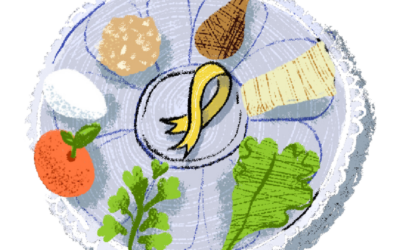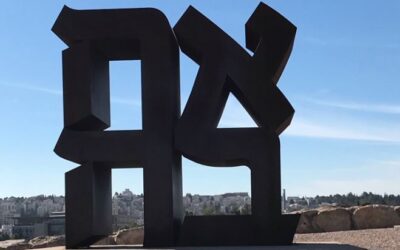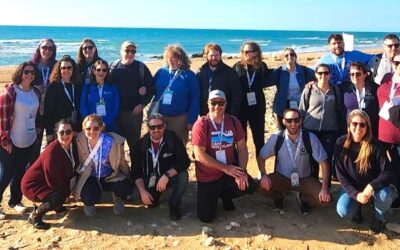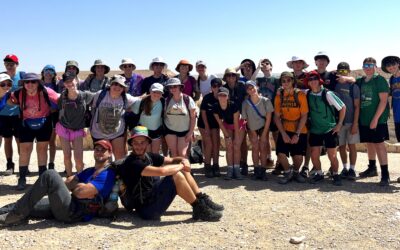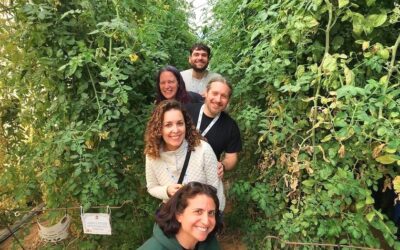By: Rabbi Loren Sykes, Director of Israel Immersives
When August approaches in Israel, the temperatures rise and what was a mostly green landscape turns varying shades of brown. We are entering the hottest part of the summer when it is often over 90 degrees during the day and not much cooler at night. It’s not surprising that this is also a time when tempers are more likely to flare and the distances between people are felt more acutely. Sometimes, there is even a direct correlation between the disconnects between people, rising tempers, and the consequences of the two.
This week, the Jewish world entered the period known as “the Three Weeks,” the time that we remember and mourn the destruction of the First and Second Temples in Jerusalem. The first day of the Three Weeks falls on the 17th day of the month of Tammuz, when the Romans breached the walls of ancient Jerusalem and entered the city, which is a minor fast day. The period ends with the Fast of the 9th of Av, the day when the Second Temple was destroyed by the Romans, Jewish sovereignty in the land of Israel ended, and the Jewish People were sent into exile.
According to the reports of Flavius Josephus, a Jew who fled the collapsing the city, joined the Romans, and wrote a first-person history of the events, Jerusalem was in a total state of chaos. None of the different factions in the city could get along or work together. A group known as the Sicarii, extremists of the highest degree, moved through the city carrying out their own brand of justice. People were “othered,” financial disparity reigned, and the leadership was silent in the face of baseless hatred and humiliation of individual people. In other words, the lack of interaction between different people and nations led to a total fraying of the social contract.
What is the antidote to this kind of situation? Meeting the “other,” interacting with and listening to people who are very different from you, leads to connection, to valuing the person, and to a strengthening of the social contract. This is the goal of the last week of NFTY in Israel. We devote lots of time at the end of the summer to meeting the different kinds of people that share this land. Teens meet:
Druze residents of the Northern Galilee. They taste their unique food, learn about some of their traditions, and hear about how the Druze relate to the State of Israel.
A Palestinian and an Israeli citizen of the West Bank. They listen to two very different people, living under very different circumstances, with the intention of understanding what these people share in common and how they differ.
An Arab-Israeli or Palestinian-Israeli Muslim couple that live in Ein Rafa, a Muslim-Arab village located just below Kibbutz Tzuba (the home of URJ Heller High). They learn about Islam. They get to taste native Levantine food. They hear a different perspective from the one that they hear in the conversation between the Israeli citizen who resides in the West Bank and the Palestinian. The couple, Yasmin and Musa, are good friends of NFTY in Israel and host our groups each summer and throughout the year.
They meet an ultra-Orthodox Hassid who tells them about the unique nature of the Hareidi and Hassidic communities. This is an unusual opportunity that does not happen in North America in a way where teens can actually listen and learn about a way of life that is totally different than their own.
Israeli peers join the group as part of our Kishre Noar program. Our teens get to know their Israeli counterparts and hear about how teen life in Israel is similar to and different from their lives in the US and Canada.
Along the way, our teens also visit the Security Barrier that divides between Israel and the West Bank and learn about why the barrier was originally built, the benefits of the barrier, and the challenges of separation the barrier creates.
By exposing our NFTY in Israel teens to all these different kinds of people, we reduce the amount of othering in the world. We increase the appreciation for the Divine that resides within the soul of every human being. And we return to the understanding of the intention of creating humanity with one set of parents, namely, that we all come from the same original ancestors, reveal the Divinity in each person, and bring people closer together rather than increasing the distance between them.
I hope that when your teen returns home next week they will share stories of their interactions with these different groups of people, what they learned about the other person and about themselves, and how they are inspired to help bring us closer to the time when the Security Barrier will no longer be necessary and Jewish Israelis, Muslim and Christian Israelis, and Palestinians will interact in a world of Peace and Equality.
Thank you for sharing your teens with us this summer. It was a privilege to help them take the next steps on their own Jewish journeys while developing a deeper relationship with the People, the Land, and the State of Israel.
Shabbat Shalom.
